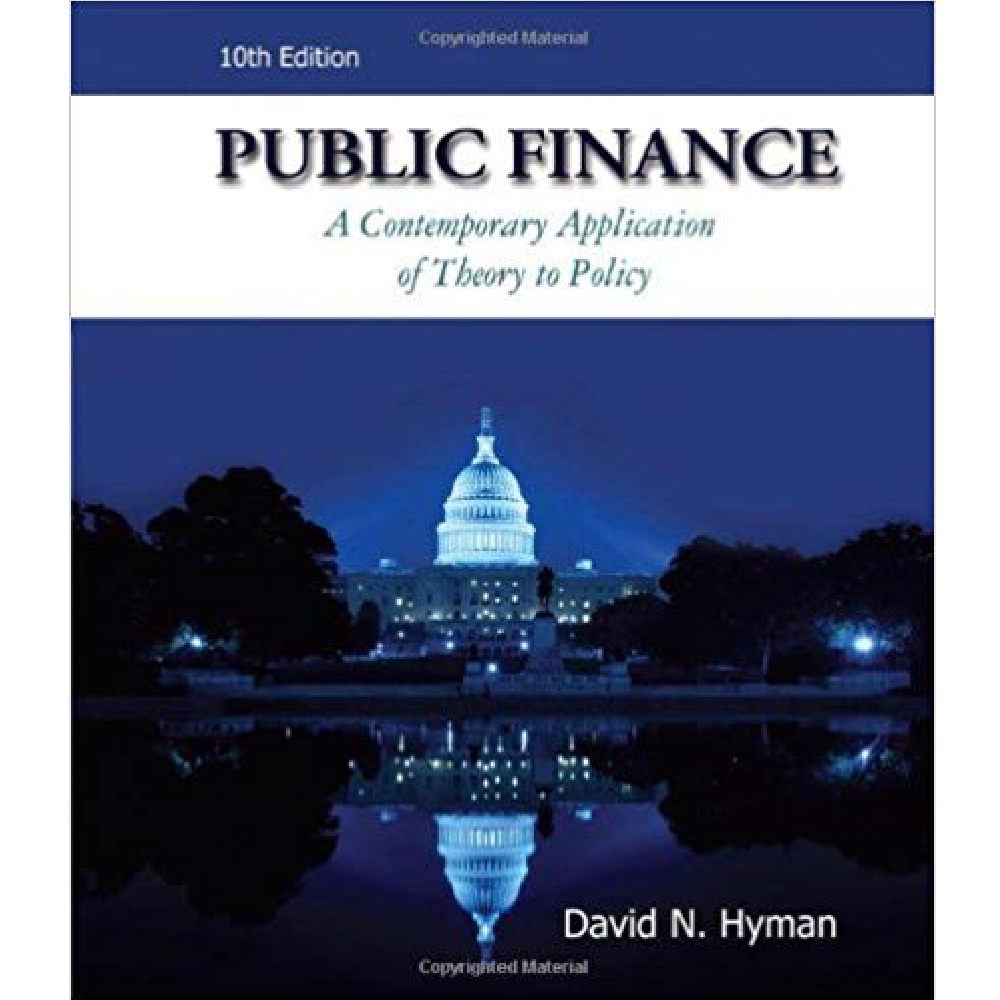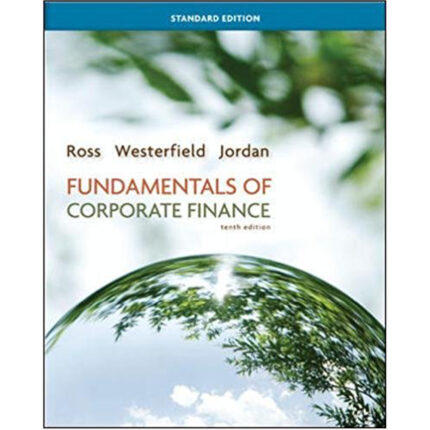Public Finance 10th Edition By Hyman – Test Bank
True/False Questions
- A lump-sum tax results in both income and substitution effects. (F)
- A consumer currently pays $500 a year retail sales taxes. She would be better off if she paid the same amount annually as a lump-sum tax. (T)
- Clothing is sold in perfectly competitive markets where no externalities prevail. An excise tax on clothing will result in a market price for clothing that equals the marginal social benefit and marginal social cost of service. (F)
- Assuming that the income effects are negligible and that beer is sold in a competitive market, a 10‑cent per can tax on beer that causes a 10,000 can per month decline in sales will result in an excess burden of $1,000 per month. (F)
- A tax on land results in an income effect on landlords but no substitution effect. Then it follows that the excess burden of a tax on land will be zero. (T)
- The excess burden of a tax on interest income is $5 billion per year. Total interest income per year is $50 billion. The tax currently collects $15 billion in revenue per year. The efficiency-loss ratio of the tax is therefore 0.33. (T)
- A payroll tax results in a difference between the gross wages paid by employers and the net wages received by workers. (T)
- If the market supply of labor services is perfectly inelastic, a tax on labor income will reduce the net wages received by workers by the full amount of the tax per labor hour. (T)
- If a $10 per unit tax is levied on the output of a monopolist, more of that tax will be shifted to consumers than would be the case if the same good were produced by a competitive industry. (F)
- A study indicates that taxes in the United States reduce the Gini coefficient for the nation by 10 percent. This implies that taxes make the income distribution more equal. (T)
- A lump-sum tax only results in income effects. (T)
- An income tax is an example of a price-distorting tax. (T)
- The more price-elastic the demand of a taxed item, the lower the excess burden of a tax on the sale of that item. (F)
- If the tax on the sale of gasoline is doubled from 20 cents per gallon to 40 cents per gallon, the excess burden of the tax will quadruple. (T)
- If the compensated elasticity of supply of labor is zero, then a tax on labor earnings will have zero excess burden. (T)
- Lump-sum taxes do not prevent prices from equaling the marginal social cost and benefit of any goods and services. (T)
- Lump-sum taxes can vary in amount based on income level. (F)
- A lump-sum tax can distort prices and affect consumption behavior. (F)













Reviews
There are no reviews yet.